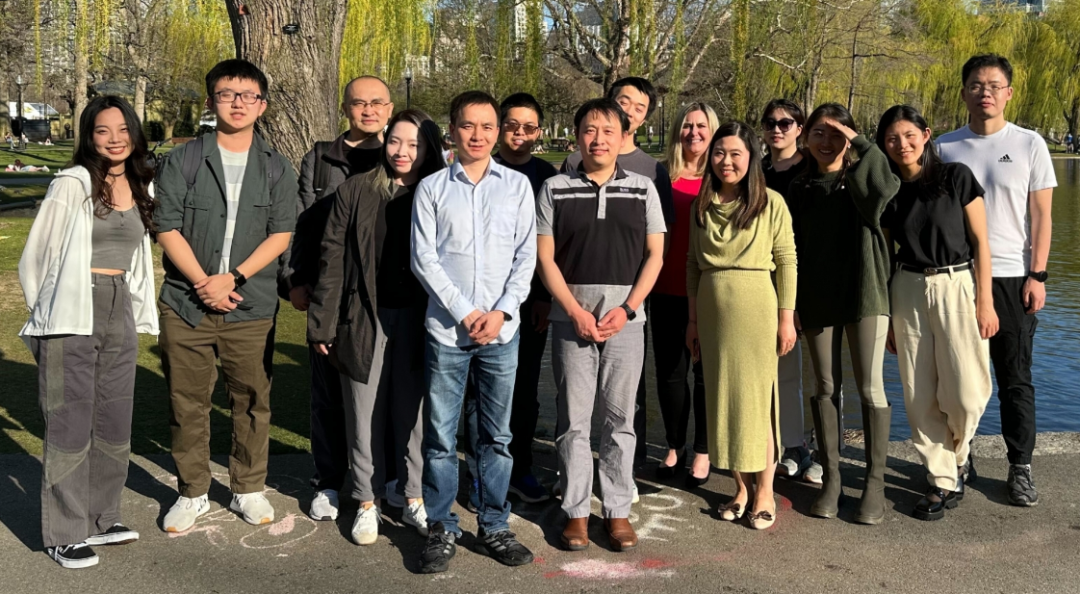"Informed AI News" is an publications aggregation platform, ensuring you only gain the most valuable information, to eliminate information asymmetry and break through the limits of information cocoons. Find out more >>
New Method Breaks Ethnic Monoculture, Advances Interracial Genetic Research
- summary
- score

Genetic research has long been biased towards populations of European descent, overlooking the genetic diversity of other ethnic groups. This limitation has resulted in the undiscovered presence of many important gene variations, hindering medical progress and health equity.
Professor Hailiang Huang's team has proposed a new method—SuSiEx, which successfully integrates multi-ethnic genetic data, enhancing the accuracy and effectiveness of analysis. This method not only improves the limitations of traditional analysis but also provides a crucial foundation for personalized medicine and drug development.
The innovation of SuSiEx lies in its cross-ethnic data integration, enabling a more comprehensive capture of key gene variations across different populations. Particularly in regions like Asia, Africa, and Latin America, the method significantly improves data utilization efficiency, helping scientists gain a more comprehensive understanding of the genetic characteristics in these areas.
This research did not happen overnight but is based on nearly a decade of accumulated work by the team. Professor Huang has been focusing on the genetic research of non-European populations since his postdoctoral days, dedicated to enhancing the fairness and inclusiveness of global genetic research.
In the future, Professor Huang's research group plans to further expand the application of this method, especially in mixed populations. They will also delve deeper into complex diseases such as mental disorders and inflammatory bowel disease, striving to provide new strategies for clinical treatment.
This research marks an important step in the integration of multi-ethnic genetic studies, contributing to global health initiatives.
| Scores | Value | Explanation |
|---|---|---|
| Objectivity | 6 | 内容非常客观,全面报道和深入分析。 |
| Social Impact | 5 | 内容引发广泛社会讨论,显著影响公众意见。 |
| Credibility | 6 | 内容不仅可信,还经过独立验证并被多方确认。 |
| Potential | 6 | 内容具有极高潜力,几乎必然导致重大变化或事件。 |
| Practicality | 6 | 内容不仅实用,还被广泛采用并成为行业标准。 |
| Entertainment Value | 2 | 内容略显单调,但包含一些娱乐元素。 |